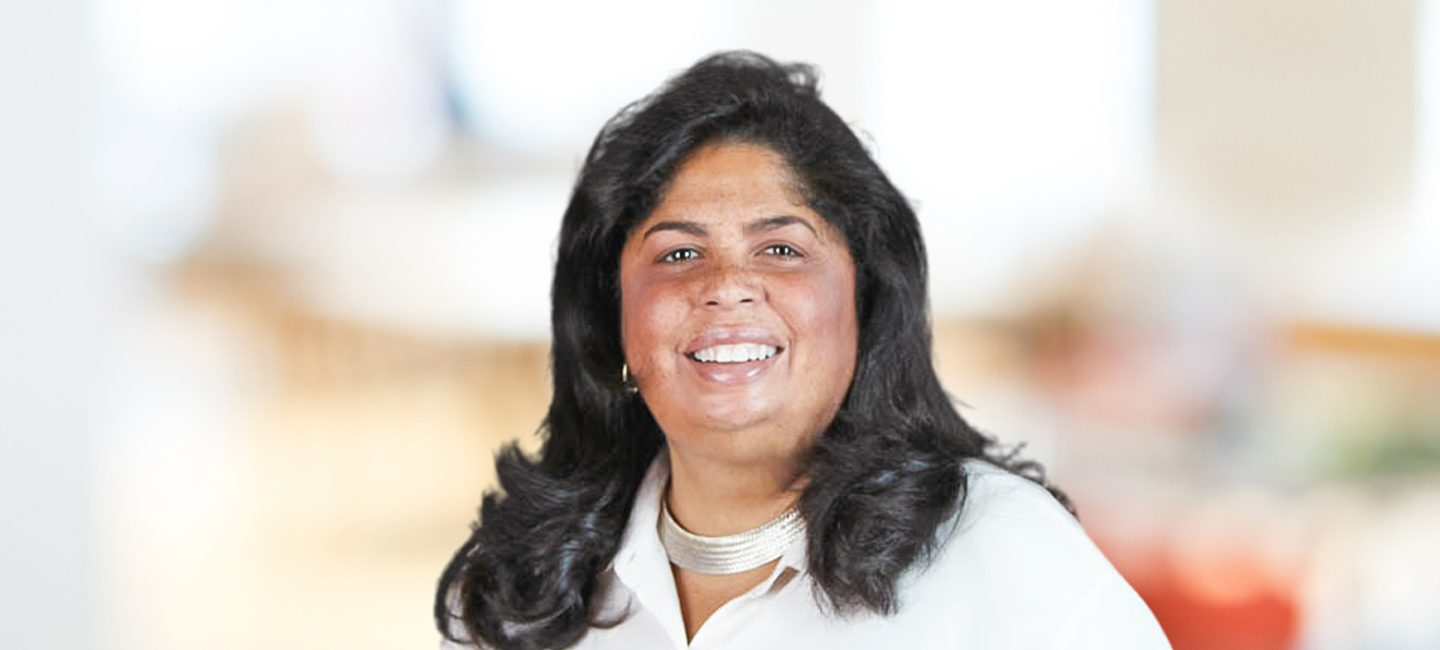
By Andre LaFontant
“At Bain, we recognize that to truly embrace Diversity, Equity, and Inclusion, we must create a sense of belonging, support and trust to address the tough issues along our journey, both as a firm and as individuals,” explains Maria Gordian, M.D. She was recently named head of Bain’s Global Diversity, Equity & Inclusion Council. Having spent a decade with the company—a total of 25 years experience with healthcare consulting—Dr. Gordian is well aware of what is needed to create change within the space.
Bain & Company is a far and away leader in consulting and appropriately set the bar high for how other companies choose to approach DEI. In the wake of a social discourse shift across the country, Bain adopted a set of commitments to racial equity and social justice. These commitments also characterize the fourth pillar of Bain’s Global Social Impact platform, which seeks out leaders and organizations focused upon equity and provides them with Bain talent and pro bono consulting services. This year, Bain committed $100 million in global pro-bono investment over five years to promote racial equity and social justice.
Having led groups like Blacks at Bain and Latinos at Bain, it’s clear why Dr. Gordian is a great steward of Bain’s commitments to racial equity and social justice that the company has adopted. Nevertheless, her Black Puerto Rican heritage just scratches the surface of her competence. Dr. Gordian’s life—more specifically her long-standing career—is predicated upon an unwavering commitment to empathy. “My parents made sure that I grew up with a tremendous amount of love,” she begins. “That influenced my values and rooted me into giving back and forming communities. That’s what I’ve brought to Bain, helping to encourage and support honest lines of communication to form trust-based relationships.”
This kind of open forum is critical, given the point in history America finds itself. Even more so, it is imperative that inspiration for such a dialogue can extend beyond the corporate infrastructure and affect other areas of society. “We’ve taken a deep look into what we do internally and how we educate ourselves,” she explains. “That has helped us better understand how we can further relate to our clients and how we act as an additive force within the community.”


